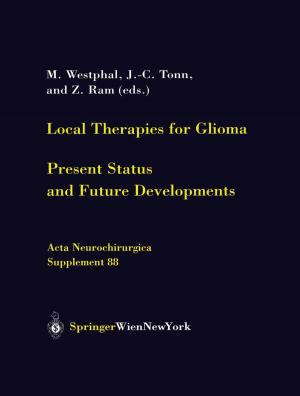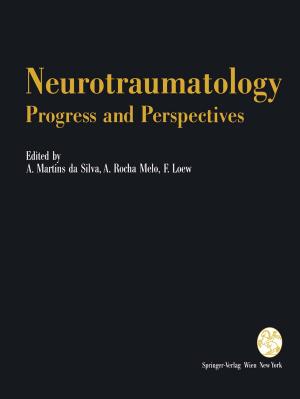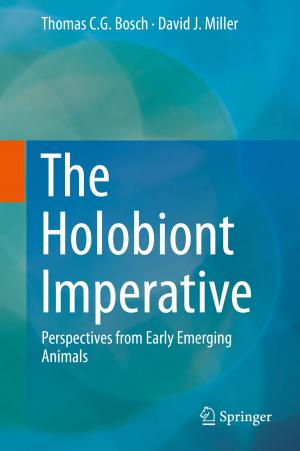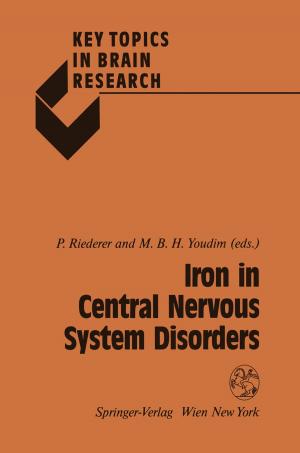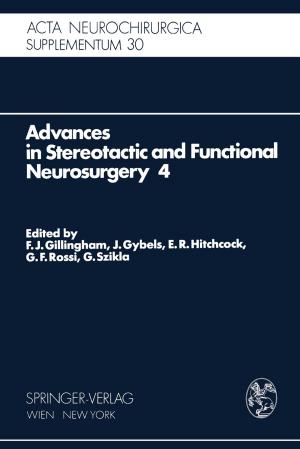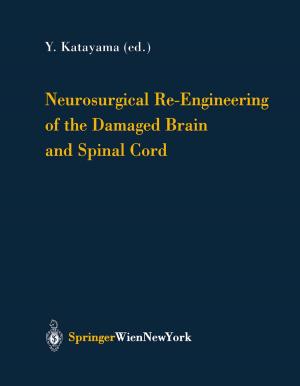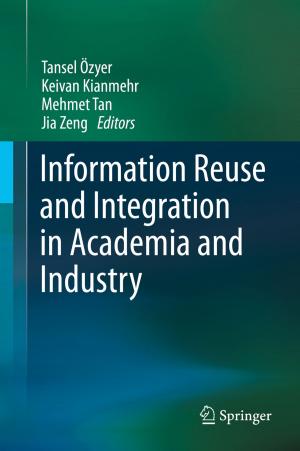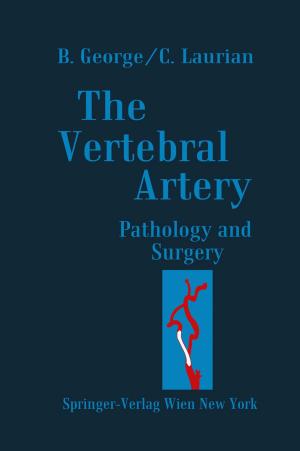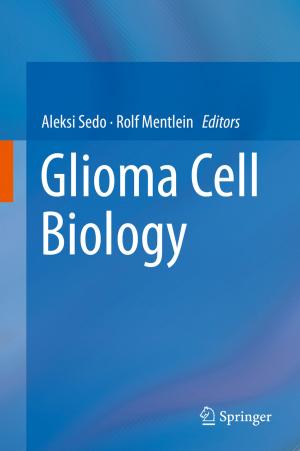Ultrastructure of Human Sella Tumors
Correlations of Clinical Findings and Morphology
Nonfiction, Health & Well Being, Medical, Specialties, Oncology| Author: | A.M. Landolt | ISBN: | 9783709184202 |
| Publisher: | Springer Vienna | Publication: | December 6, 2012 |
| Imprint: | Springer | Language: | English |
| Author: | A.M. Landolt |
| ISBN: | 9783709184202 |
| Publisher: | Springer Vienna |
| Publication: | December 6, 2012 |
| Imprint: | Springer |
| Language: | English |
This monograph on the "Ultrastructure of Human Sella Tumors" is in fact a study of the correlations of clinical findings and morphology. It is a timely and eagerly awaited publication because of the increasing interest of the endocrinologist in pituitary disorders and of the neuro surgeon in the newest aspects of surgery on pituitary tumors, and also because of the unsatisfactory but still widely accepted classification into eosinophil, basophil and chromophobe pituitary adenomas. This old classification has been mainly based on granule color as seen after hematoxylin-eosin staining, but it does not, after extensive clinical observations, reflect in many instances the type of clinical picture observed. The author has brilliantly succeeded in demonstrating in a convinc ing way, by an extensive study of the relevant literature and by his own histological work, that further insight into the biology of the hypophysis and of the pituitary tumor can be obtained only by newer methods of light microscopic staining, immuno-histochemistry and electron microscopy combined with radio-immunological blood hormone determination.
This monograph on the "Ultrastructure of Human Sella Tumors" is in fact a study of the correlations of clinical findings and morphology. It is a timely and eagerly awaited publication because of the increasing interest of the endocrinologist in pituitary disorders and of the neuro surgeon in the newest aspects of surgery on pituitary tumors, and also because of the unsatisfactory but still widely accepted classification into eosinophil, basophil and chromophobe pituitary adenomas. This old classification has been mainly based on granule color as seen after hematoxylin-eosin staining, but it does not, after extensive clinical observations, reflect in many instances the type of clinical picture observed. The author has brilliantly succeeded in demonstrating in a convinc ing way, by an extensive study of the relevant literature and by his own histological work, that further insight into the biology of the hypophysis and of the pituitary tumor can be obtained only by newer methods of light microscopic staining, immuno-histochemistry and electron microscopy combined with radio-immunological blood hormone determination.

